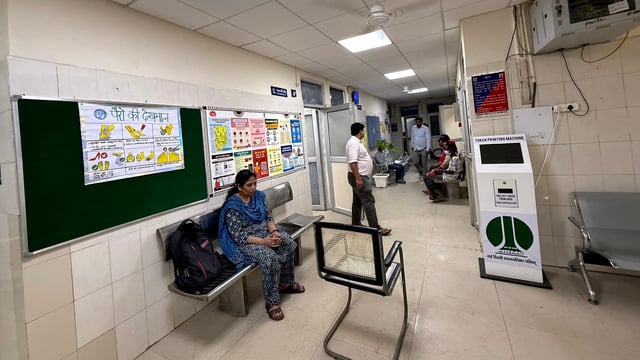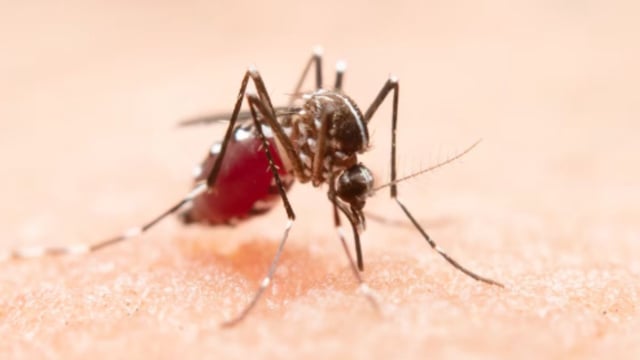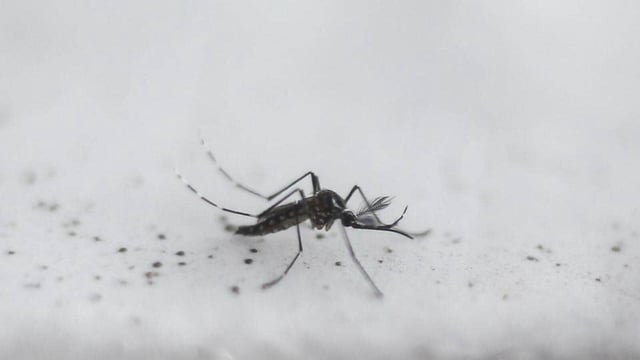Overview
- Malaria cases reached 3,490 by July 14, up from 2,857 in the same period last year, while chikungunya infections jumped to 179 from 46.
- Dengue infections declined to 734 from 966 but the civic body warned of a potential rebound as monsoon conditions continue.
- Between July 1 and 14, the BMC surveyed over 670,000 homes and collected more than 101,000 blood samples to map fever hotspots.
- Fogging operations have been intensified and thousands of breeding sites inspected and cleared to disrupt mosquito habitats.
- Residents are being urged to eliminate standing water, apply repellents and wear protective clothing to reduce exposure to mosquito bites.



